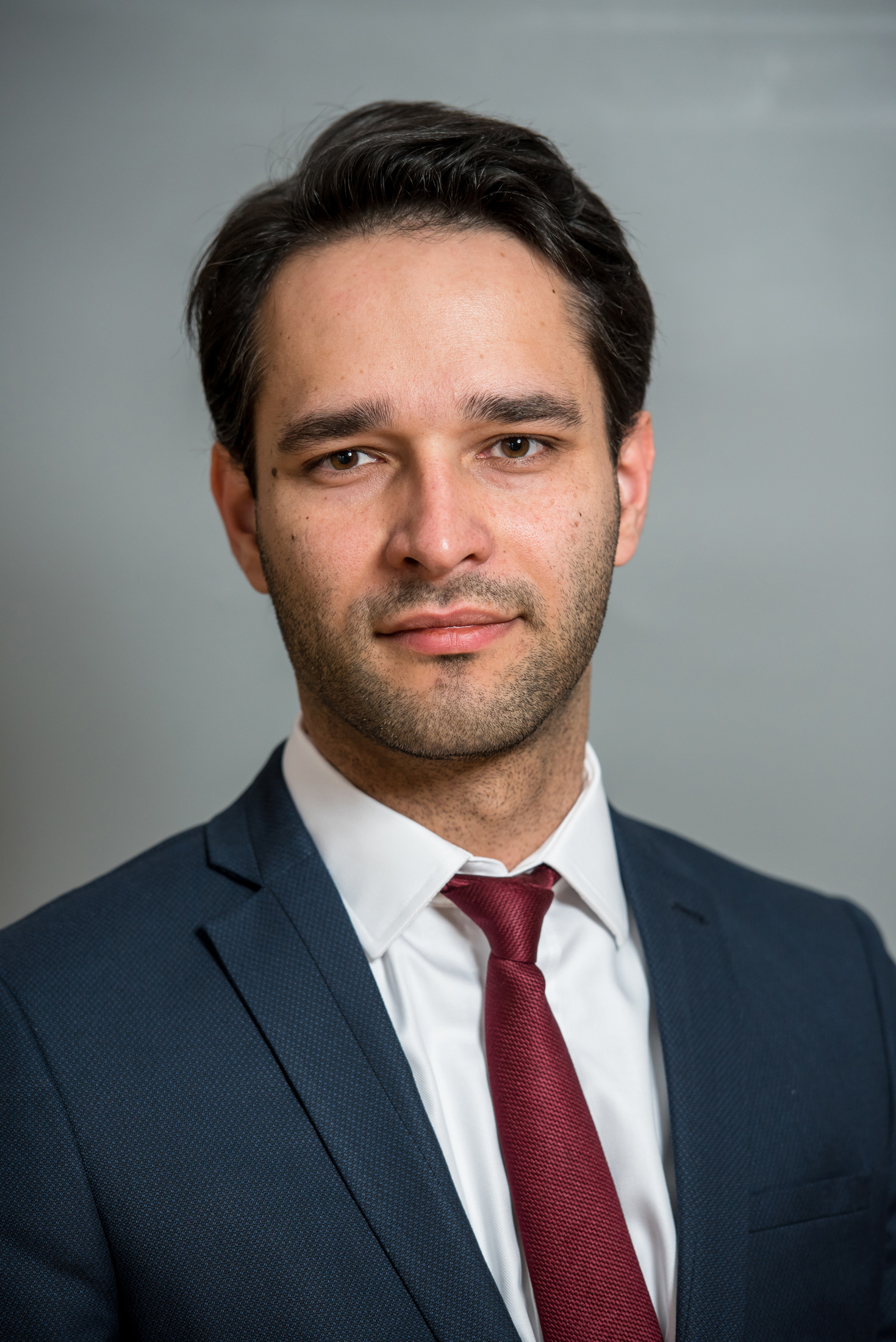Michal Soták
Michal Soták
Michal Soták comes from Trenčín Slovakia and obtained his Bachelor's degree from the IES in 2005. During his studies he took part in the Erasmus exchange stay at the British University of Bath and decided to continue with a Master's programme there. He successfully completed it in the field of Accounting and Finance in 2006. During his undergraduate studies he began to collect work experience: first he worked briefly as a junior writer at the Hospodářské noviny business daily, and in 2005 he undertook an internship at Deloitte. After finishing his studies in the UK, he joined Citigroup in Prague as a Management Associate, which is a rotational program for young talents, and he was delegated to a stay in London. In 2007 he started to work at Mint Investments, where he spent more than 4 years in various positions. Since 2012 he has been working at Cushman & Wakefield, a leading global commercial real estate services firm. At present, he is responsible for investment transactions in the Czech and Slovak Republics. He spends his free time mostly with his family.

You obtained a Master's degree from the University of Bath in England. Why did you choose this city and this university?
I learned about Bath thanks to the IES exchange programme and liked both the university and the town very much. Therefore it was natural for me to apply for a Master's programme there as well. It was shorter than an equivalent Czech one and had a practical focus on finance which worked for me at the time.
In your work experience, you have come from a journalist, through a consultant to a managerial position, what determined your focus?
I have always wanted to do a job where I can have a real impact. When I worked at Citigroup I spent some time in London and understood that in a standard corporate environment, important decisions are made in London, Paris, New York and Frankfurt, not in Prague. Real estate is an exception: the local element is so essential that everything of importance takes place here in Prague. That is why I moved from a job in banking to Mint Investments, real estate investor and developer, and have stayed in the sector since.
You currently head the Capital Markets Department at Cushman & Wakefield, can you describe to us what you have been doing recently?
Cushman & Wakefield is a large company providing comprehensive commercial real estate services. Our team's focus is advising on the sale of large commercial real estate projects, mainly offices, industrial properties and shopping centres.
Over the last three years we have managed to build an excellent team and raise to become the market leader. Among other achievements, together with our colleagues in London we brought Korean investors into the Czech Republic and Slovakia; in the last 12 months they purchased several prime projects here: in Prague they bought the office buildings Waltrovka from Penta, Rustonka from J&T and Main Point Pankrác from PSJ Invest, in Bratislava the new Amazon headquarters from HB Reavis.
We have also captured the growth of the new Czech capital and have been involved in several transactions with them. A good example is the sale of Ostrava's Nová Karolina shopping centre to the Czech Savings Bank's (Česká spořitelna) REICO fund – in the context of Czech real estate funds this is the largest transaction in their history.
To be involved in such transactions and to participate on the development of maturing of the Czech commercial real estate market is an excellent experience for me.
How would you assess the situation on the Czech market. The prices of flats are now very high, how is the situation with the real estate you deal with?
There are four main drivers of the growth of the commercial and residential property prices to record levels in the Czech Republic.
1. The Czech Republic and Prague are still converging to the developed world, recently mainly in terms of perception. The mature West and East are increasingly seeing us as a country that is safe in terms of investments.
2. Rather than increasing interest rates are going down again. This improves equity returns on real estate investments significantly.
3. New development is extremely limited due to the non-transparent Czech planning system and insufficient capacities of construction companies.
4. General demand for real estate from both occupiers and customers grows thanks to the economic growth, growth in salaries and low unemployment rates.
The first two are very unlikely to change in my view. Interest rates have no reason to grow and their influence on property prices is fundamental. New development can be boosted by a political decision to loosen urban planning and open the Czech Republic for workers from the east on a mass scale. However, I am convinced that neither of these steps will be supported by Czech politicians.Therefore, the only thing that can change in the coming years is the last of the factors; but on its own it won't affect property prices in a significant way. That is why I think that apartment prices in Prague will not drop and rents will grow. The same is true for offices and industrial properties: their prices are likely to keep growing, both in terms of rents and investment values. Shopping centre pricing is affected by micro-factors such as such as location and asset quality, therefore in this segment it is difficult to give a general outlook.
How do you spend your free time?
Besides an absorbing and demanding job, we have two little kids. Therefore I am happy when in my free time I don't have to do anything at all.







